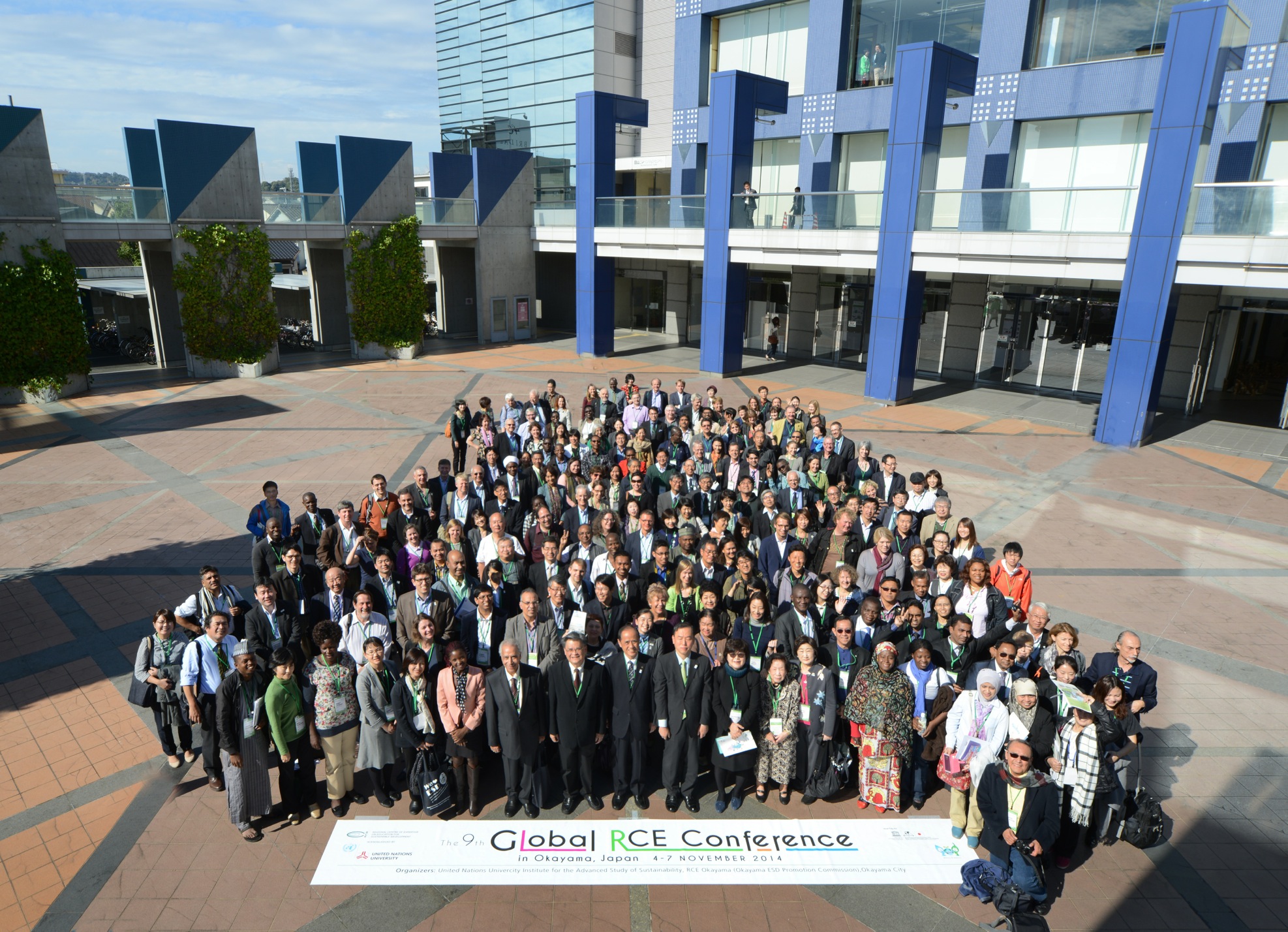Massive Open Online Course (MOOC) on Disasters and Ecosystems: Resilience in a Changing Climate
Submitted by Usman Muhammad on Thu, 2015-01-22 18:03Dear All,
Massive Open Online Course (MOOC) on Disasters and Ecosystems: Resilience in a Changing Climate went live on 12 January, with 8,300+ now enrolled from 183 countries! Follow the URL and register https://iversity.org/en/courses/disasters-and-ecosystems-resilience-in-a...
What will you learn?
After completion of the course, the participant will be able to:




